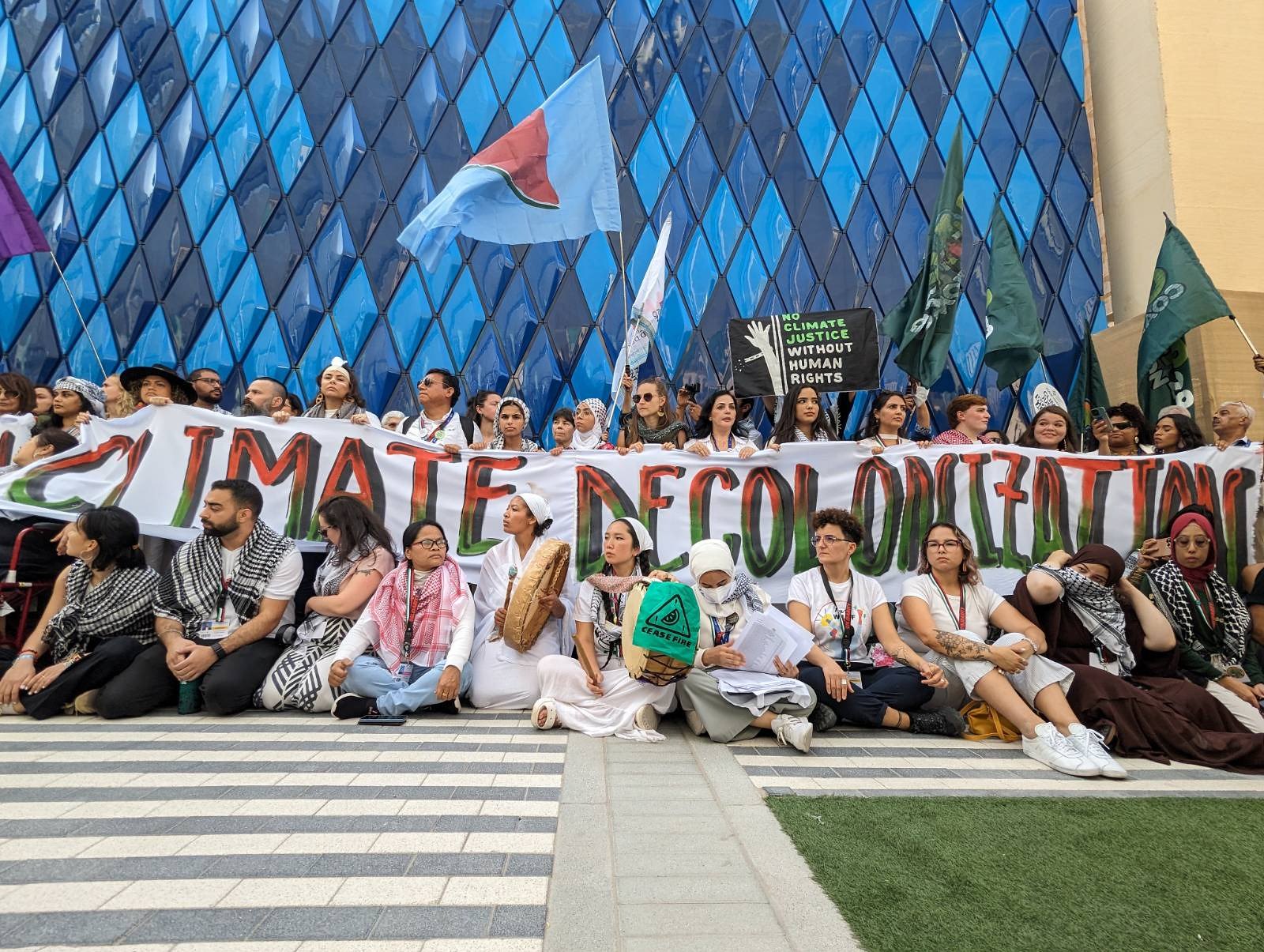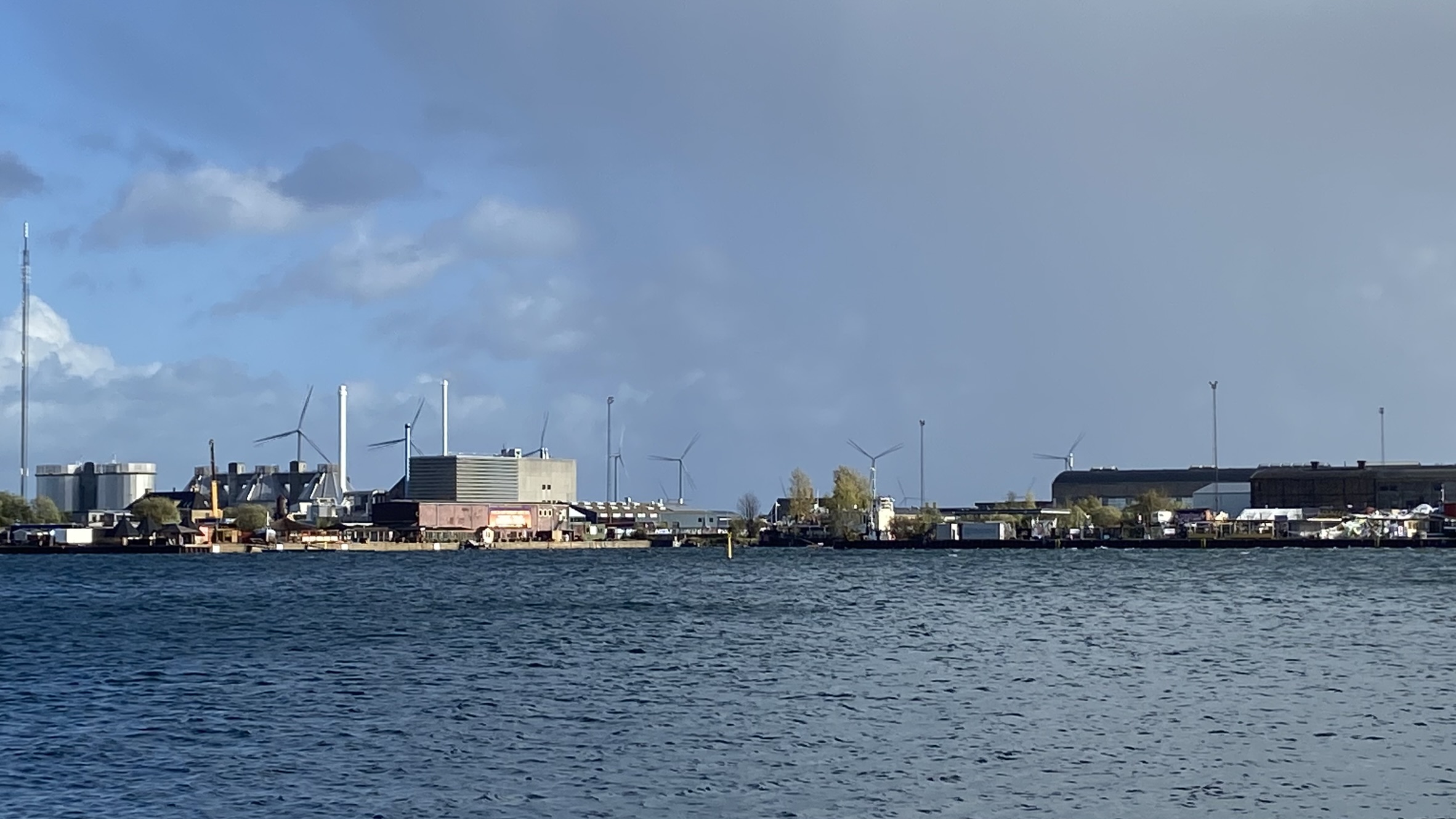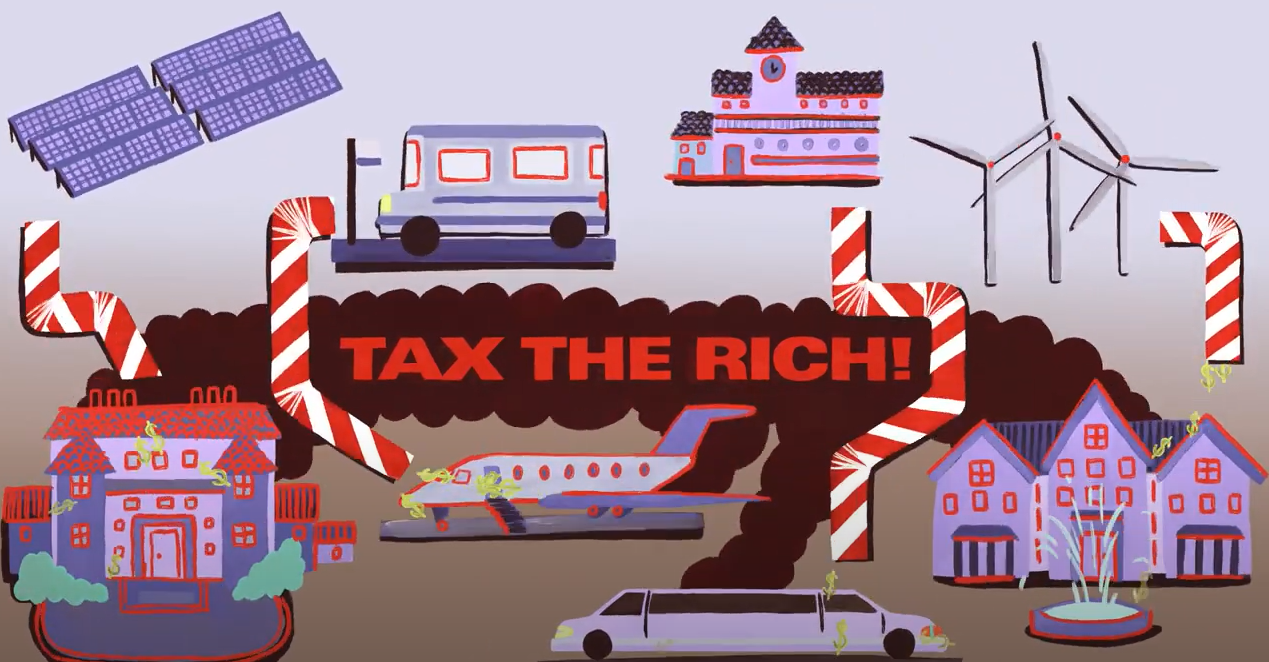In cities, people living in slums, ghettos, informal settlements, townships, or camps are among the most vulnerable to climate change and more likely to experience loss of life, livelihoods, home, and territory. In cities, low-quality housing, lack of basic services, and low incomes are among the conditions that hinder poorer communities, in comparison to better-off groups, and their ability to reduce vulnerabilities and adapt to a changing climate. In addition to this existing adaptation gap between poorer and richer neighborhoods, city planning instruments to adapt to climate change often exacerbate inequalities. In broader terms, existing economic disparity and social injustice contribute to and exacerbates climate injustice, which in turn reinforces social and economic marginalization.
However, low-income urban dwellers often lack representation in the decision-making processes in the international realm that affects them locally, including those regarding the global governance of climate change and urbanization, both of which are relevant for marginalized urban communities.
This study, commissioned by RLS’s International Climate Justice Program, seeks to provide a comprehensive overview of elements constituting the “advocacy ecosystem” to enhance the participation of marginalized urban communities in international climate policy decision-making and implementation. Numerous interviews were conducted with climate activists, urban grassroots and environmental advocacy network leaders, officers of international organizations, and researchers. The interviews were complemented by desk research and informal consultations with experts.
From this research a global-urban climate governance landscape begins to emerge, comprised of the arenas and actors that shape climate change and urbanization policies at the international level. The study provides an overview of the work that urban grassroots organizations are doing in the international climate arena and identifies a set of themes and goals for advocacy; identifies current arenas for action in the global-urban climate governance landscape that are windows of opportunity for developing advocacy strategies based on the needs of marginalized urban dwellers, and; offers specific recommendations for those organizations committed to engaging in climate-related multilateral and transnational forums to advance the interests and representation of marginalized urban communities.



